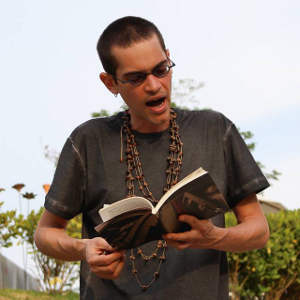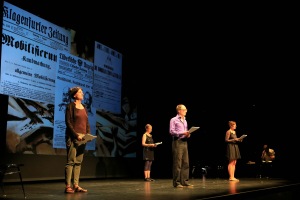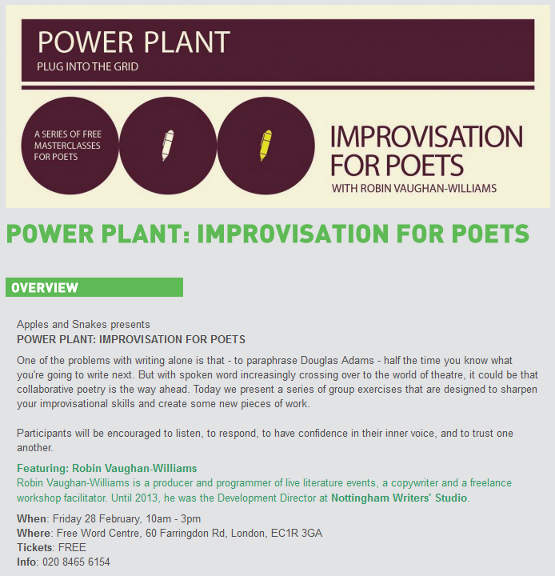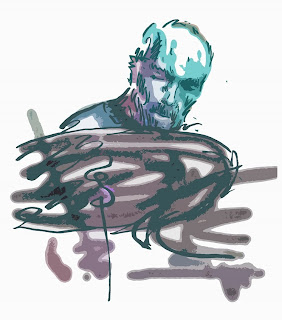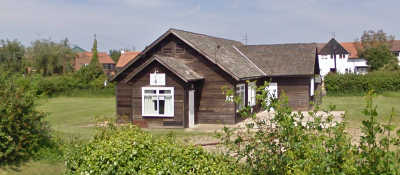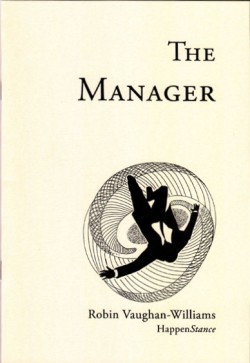In this issue of zqNews, find out about my forthcoming video link between Texas and London, new audio tracks from Poems from the Road, and poetry improvisation projects in the pipeline for London and St Andrews.
Poems from the Road
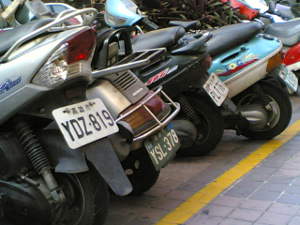 I’ve uploaded two new tracks to my Poems from the Road SoundCloud playlist. There’s a fascinating interview I conducted with London Grip editor Michael Bartholomew-Biggs about poet-cum-cricketing commentator John Arlott’s pamphlet-length poem ‘Death on the Road’, and ‘Travelling the Roads in My Red Mini’, a poem by Ann Vaughan-Williams exploring the voices that accumulated in her car during her time as a psychiatric social worker
I’ve uploaded two new tracks to my Poems from the Road SoundCloud playlist. There’s a fascinating interview I conducted with London Grip editor Michael Bartholomew-Biggs about poet-cum-cricketing commentator John Arlott’s pamphlet-length poem ‘Death on the Road’, and ‘Travelling the Roads in My Red Mini’, a poem by Ann Vaughan-Williams exploring the voices that accumulated in her car during her time as a psychiatric social worker
The Poems from the Road podcast is now available on the Apples and Snakes SoundCloud page, so if you missed it in December, you can now listen to it at your leisure. And the additional materials that I wasn’t able to include in the podcast are up on my SoundCloud page until the end of February. Check out the Poems from the Road webpage.
I’m also planning to submit a 10-minute Poems from the Road feature to Radio Wildfire, so if you’ve any favourite poems from the show or additional material, let me know and I’ll consider them for the feature.
Thanks again to everyone who contributed to the show!
Texas 2 London
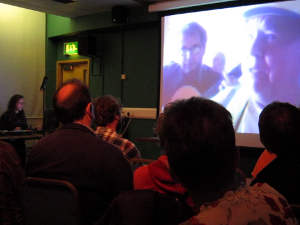 On 10th April the Austin International Poetry Festival (AIPF) is coming to London with Texas 2 London at the Colour House Theatre, Merton Abbey Mills. AIPF is renowned as a melting pot of world poetry, and our three guests will be trading poems with poets in Austin via a live video link. On our side we’ve got Matt Black, Agnes Meadows, and Kayo Chingonyi, and on the Texas side there’ll be Element615 plus two more to be confirmed.
On 10th April the Austin International Poetry Festival (AIPF) is coming to London with Texas 2 London at the Colour House Theatre, Merton Abbey Mills. AIPF is renowned as a melting pot of world poetry, and our three guests will be trading poems with poets in Austin via a live video link. On our side we’ve got Matt Black, Agnes Meadows, and Kayo Chingonyi, and on the Texas side there’ll be Element615 plus two more to be confirmed.
Take part!
There’ll also be a chance for you to perform your work at the AIPF. At 7pm we’ll have an open mic (offline), and three participants from the open mic will then be offered a short slot during the video-linked part of the evening.
I’m co-hosting with electro-pop poetry duo Project Adorno, and the hosts on the other side of the Atlantic will be the irrepressible and always surprising Thom the World Poet and James Jacobs. I’m collaborating with OpenHaus Arts on producing Texas 2 London, and it’s supported by an Arts Development Fund grant from Merton Council.
Friday 10 April 2015, 7–10pm
Colour House Theatre, Merton Abbey Mills, SW19 2RD (near Colliers Wood underground)
£3 on the door. Enquiries to 020 3730 8039.
More info: http://zeroquality.net/texas2london.html
Poetry Improvisation
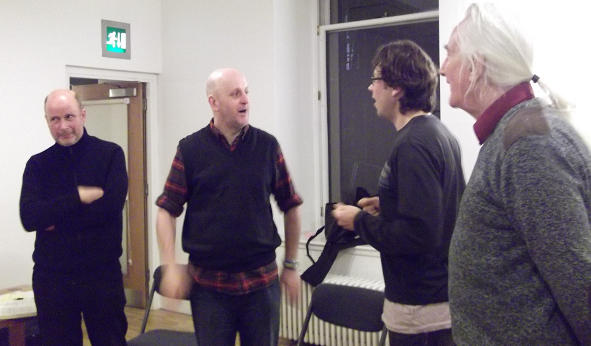 My December workshop at the Scottish Writers’ Centre in Glasgow got a great write-up, and I have several poetry improvisation projects coming up in the next couple of months.
My December workshop at the Scottish Writers’ Centre in Glasgow got a great write-up, and I have several poetry improvisation projects coming up in the next couple of months.
I’m particularly excited about an Apples and Snakes project called Word’s a Stage that’s starting this Saturday. I’ll be leading a series of four workshops with four emerging writers to develop a performance for early April (exact date TBA). We’ll be using improvisation techniques to generate material and the final performance will be at least part improvised on the night.
This is a valuable opportunity to explore what we can do with poetry improvisation when working with a group over a sustained period of time. I’ve got some ideas about feeding off the audience (so the audience become part of the poetry), chorus work, and layered set pieces with background and foreground voices, but in the end it’s down to the individuals in the group to see how they interact and what we come up with.
Leaving the Comfort Zone
I’m also offering a poetry improvisation workshop at Scotland’s Stanza poetry festival in St Andrew’s on Saturday 7 March. This will be a day-long workshop during which we’ll devise material for a short performance at the end of it. I believe there are a couple of places left, so still time to book.
zqNews by email
If you’d like to receive zqNews by email you can sign up here.
